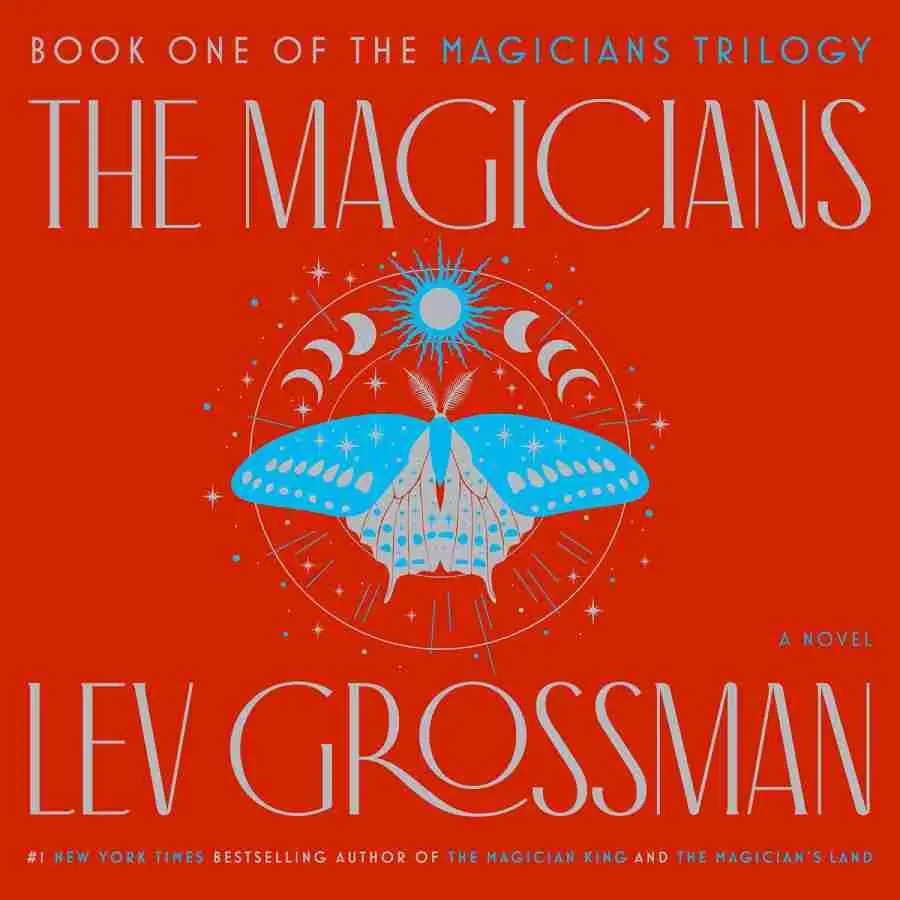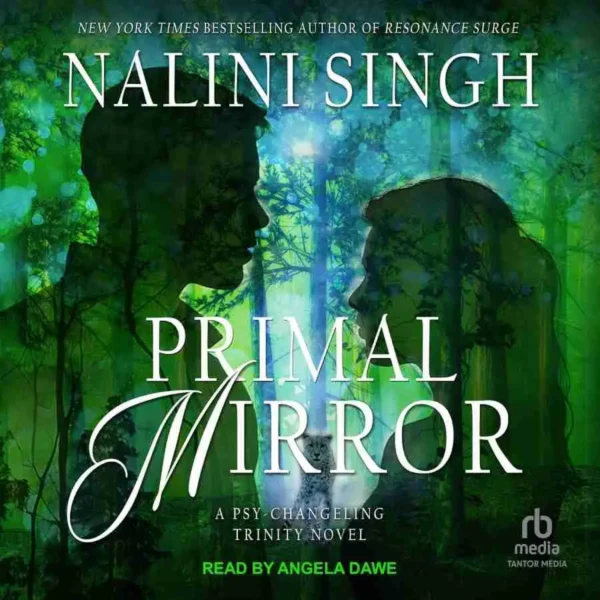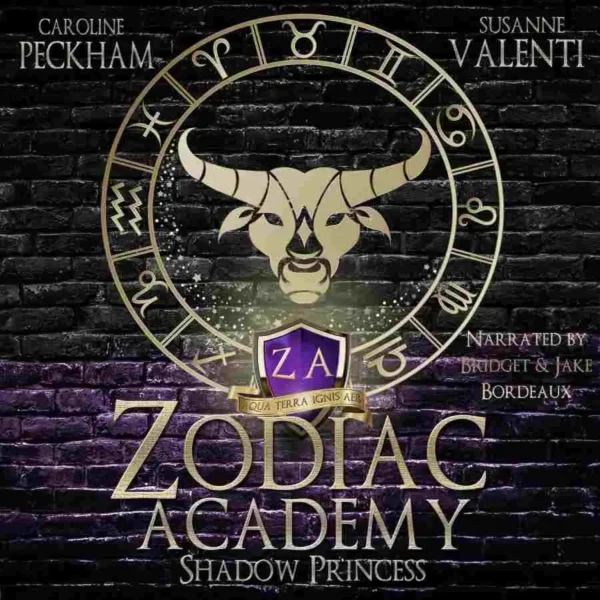

After years of exploring the mystical worlds of literature, both high and low, I eventually came face to face with Lev Grossman’s The Magicians. My path to this book was not marked by a major discovery or a strong recommendation, but rather by a slow, continuous interest. Having grown up with the fantasy realms of C.S. Lewis’s Narnia and J.K. Rowling’s Harry Potter, I was drawn to the concept of a novel that promised to examine the darker, more mature parts of such childhood imaginations. This isn’t my first literary review, and it won’t be the last, but The Magicians stands out in my collection of overviews.
One of the most compelling reasons I was attracted to The Magicians was its reputation for deconstructing the cliches that characterize the fantasy genre. I’ve read novels that were content with their own enchantment, providing escape without apologies. But Grossman’s work was thought to go further, challenging the notion that magic might provide an escape from the world’s harsher truths. In some ways, book reminded me of Donna Tartt’s The Secret History, which also examines the concept of an intellectual paradise. Both works investigate how organizations that promise enlightenment and grandeur may really breed disappointment and moral degeneration.
Summary of the plot
The Magicians revolves on Quentin Coldwater, a Brooklyn teenager who is unusually clever but terribly miserable. His life changes when, instead of attending his planned college interview, he finds himself taking an admission test at Brakebills College for Magical Pedagogy, a mysterious school that teaches young people the art of magic. Quentin’s discovery of Brakebills fulfills a long-held dream: his favorite childhood novels are about a mythical kingdom called Fillory, which he has always wanted to visit. However, as he swiftly discovers, the truth of magic is considerably more intricate and dangerous than he anticipated.
The first section of the book covers Quentin’s scholastic journey at Brakebills, a demanding college where magic is more than simply a fantasy gift, but a profession that needs much study and practice. The curriculum is extensive, with students studying numerous aspects of magic that need a thorough grasp of both the magical and the ordinary. Despite his academic success, Quentin feels dissatisfied. The story delves into this feeling of existential unhappiness, examining if magic can actually provide an escape from life’s troubles, or whether it just redirects those issues to another arena.
After graduating from Brakebills, Quentin and his pals find themselves lost. The exhilaration and promise of their wonderful schooling give way to the harsh reality of a life without a defined goal. The second half of the story digs into the protagonists’ post-graduation depression, as they seek purpose and direction. Quentin, along with Alice, Eliot, Janet, and others, descends into a life of hedonism and indifference, with their magical skills doing nothing to ease their boredom or sadness.
Just when their lives seem to be slipping into irreparable misery, the gang finds that Fillory, the mythical kingdom Quentin has admired since boyhood, exists. The discovery of Fillory sets the setting for the novel’s third installment, in which the party goes on an exhilarating and harrowing journey. However, the Fillory they discover is not the ideal land of their childhood dreams. It’s a dangerous environment, full of moral uncertainty and significant difficulties that put their talents and friendships to the test.
The tale concludes with a climactic encounter between the protagonists and the Beast, an evil creature that represents the worst elements of magic. The fight against the Beast is both tangible and symbolic, requiring Quentin and his companions to face their own inner demons. The outcome of this battle is as terrible as it is enlightening, altering the people in ways they never expected.
Characters
The characters in The Magicians are as multifaceted and imperfect as the world they inhabit. Quentin Coldwater is not your standard fantasy hero; he is gloomy, self-centered, and always unsatisfied with life. His path is less about learning magic and more about dealing with his own existential crisis. Quentin’s challenges are relatable to anybody who has ever believed that reaching their goals would not offer them the enjoyment they wanted.
Alice Quinn is perhaps the most sad character in the tale. Alice, a brilliant but shy magician, is originally one of Brakebills’ most gifted performers. Her relationship with Quentin is important to the plot, characterized by love, jealousy, and, eventually, tragedy. Alice’s story is a dramatic study of the pitfalls of power and the sacrifices one is willing to make for love and knowledge.
Eliot Waugh is one of the novel’s most recognizable characters, because to his keen wit and fondness for excess. He personifies the hedonistic, self-destructive aspect of magical existence. Beneath his charm and elegance is a deep pool of misery and weakness, making him one of the story’s most tragic characters.
Julia Wicker’s tale is perhaps the most horrific. Brakebills rejects her, so she goes to the underground magical society, where she seeks power at any cost. Julia’s path is a dark mirror of Quentin’s, demonstrating the depths to which people will go when denied the chance they feel they deserve. Her slide into the darker side of magic emphasizes the novel’s examination of the moral and ethical limits of power.
Janet, another significant person, has a more critical perspective of magic. She is often unpleasant and difficult to like, yet her presence in the group encourages others to face hard facts about themselves. Janet’s character adds layers of drama and complexity to the story’s connections, making her an integral aspect of the plot.
Themes
One of The Magicians’ primary themes is the dangers of escapism. Quentin’s infatuation with Fillory reflects the reader’s yearning to escape into imaginary realms. Grossman, on the other hand, opposes this urge by demonstrating that escape is seldom as easy or satisfying as it seems. Far from being the utopia Quentin envisaged, Fillory’s world is dangerous and morally complicated. The story questions whether it is possible to fully escape the constraints of reality, or whether the endeavor just leads to new types of disappointment.
Another key subject is the harsh realities of adulthood. Unlike many coming-of-age novels in which the characters become wiser and more satisfied, The Magicians depicts maturity as a period of bewilderment, disappointment, and struggle. The protagonists’ experiences at Brakebills and beyond show the difficulty of shifting from youthful idealism to the complications of adulthood. Grossman does not shy away from showing the less glamorous parts of maturity, such as despair, addiction, and the often meaningless search of happiness.
The novel’s portrayal of magic is equally intriguing. In many fantasy tales, magic is presented as a positive power, a method of reaching greatness. In The Magicians, magic is much more murky. It is a tool that may be used for both good and evil, but it can also cause harm and corruption. The characters’ encounters with magic often result in unexpected repercussions, highlighting the unpredictability and danger that comes with enormous power.
The work also explores the issue of identity. Quentin’s path is more about finding himself than it is about studying magic. Throughout the story, he battles with his identity, position in the world, and connections with others. The other characters, too, struggle with their identities, especially Julia, whose rejection by Brakebills drives her to remake herself outside of the institution.
Literary Style and Structure
Lev Grossman’s writing style in The Magicians is one of the novel’s highlights. His work is crisp, with a great eye for detail and the ability to capture his characters’ inner depth. The story is divided into four sections, each depicting a different stage in Quentin’s journey. This format enables Grossman to delve into many elements of his characters and their environment, from the intellectual rigor of Brakebills to the chaotic and violent realities of Fillory.
Grossman’s choice of a third-person restricted omniscient point of view works especially well, enabling readers to dive deeply into Quentin’s thoughts and feelings. This narrative decision lends the story a psychological intensity that distinguishes it from more standard fantasy novels. Grossman’s writing is also noted for its dark humor, which helps to temper the novel’s sometimes bleak subject matter.
The novel’s tempo is meticulously managed, with each chapter building on the previous one to produce a unified and captivating narrative. Grossman’s explanations of magic are based on both the fanciful and the scientific, demonstrating his attention to detail. This combination of reality and fantasy lends the book a distinct texture, making the world of The Magicians seem both familiar and foreign.
Critical Reception
The Magicians has elicited a broad spectrum of responses since its release, reflecting its complicated and frequently difficult character. Grossman has received appreciation from critics for his willingness to challenge classic fantasy clichés and delve into the darkest parts of magical existence. The New York Times regarded the work as “a sophisticated, literary novel that manages to be both a love letter to fantasy and a critique of it,” while The Washington Post praised its unique approach to the coming-of-age theme.
However, the book has received criticism, notably from readers who considered the tone too caustic and the characters too unlikable. Some claim that the novel’s gloomy themes and ethically ambiguous characters make it difficult to relate to.
Conclusion
Lev Grossman’s book, The Magicians, resists simple classification. It is both a love letter to and a criticism of the fantasy genre, providing readers with a thought-provoking as well as enjoyable tale. While it may not be for everyone, especially those who want their dream to be more cheery, it is definitely strong and unforgettable.
For those who grew up with Harry Potter and Narnia but are now dealing with the challenges of adulthood, The Magicians is a darkly intriguing look at what happens when childhood illusions clash with brutal reality. It’s a novel that will have you thinking about the nature of happiness, the cost of power, and the actual meaning of magic long after you’ve finished reading it.


